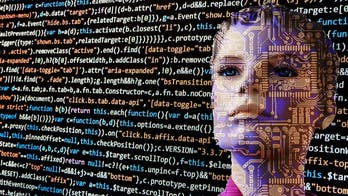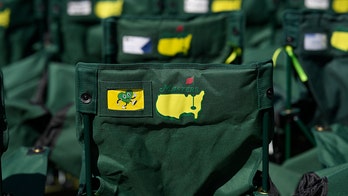As advancements in artificial intelligence (AI) bring about new possibilities, the entertainment industry faces ethical dilemmas regarding the use of deceased performers' likenesses and voices. This article explores the legal battles and ongoing discussions surrounding AI and the rights of deceased performers.
The emergence of AI has sparked both excitement and apprehension within the entertainment industry. While AI offers groundbreaking advancements, it also raises questions about the boundaries of artistic freedom and the rights of deceased performers. This article delves into the ongoing legal battles and ethical concerns surrounding the use of AI to replicate the likenesses and voices of deceased performers.
One prominent example is the use of James Earl Jones' voice as Darth Vader in the "Star Wars" franchise. After Jones signed over the rights to his voice, Lucasfilm and Ukrainian startup Respeecher utilized archival recordings to recreate his iconic performance. This decision has raised concerns among actors, who fear that AI could replace their livelihoods.

AI and the Rights of Deceased Performers: Balancing Innovation and Ethical Concerns
In the case of "Rogue One: A Star Wars Story," production companies Lucasfilm and Lunak Heavy Industries are facing a lawsuit over the use of Peter Cushing's likeness as Grand Moff Tarkin, despite his passing in 1994. Kevin Francis, a friend of Cushing, claims that the actor did not grant permission for his likeness to be recreated without his approval.
Beyond the legal implications, there are also ethical concerns surrounding the use of AI to recreate deceased performers. Some argue that it is disrespectful to exploit the likeness of a person who cannot consent. Others view it as a form of artistic expression that allows audiences to experience the work of these performers once again.

AI and the Rights of Deceased Performers: Balancing Innovation and Ethical Concerns
Defenders of AI-generated performances maintain that it is not intended to replace the talent of living actors but rather to preserve the legacies of deceased performers. They argue that it allows audiences to continue enjoying their work and provides a new outlet for creativity.
The use of AI in the entertainment industry is still in its early stages, but it has already had a significant impact. It has the potential to revolutionize the way films and television shows are made, but it also raises important questions about the rights of deceased performers and the future of the acting profession.

AI and the Rights of Deceased Performers: Balancing Innovation and Ethical Concerns
In response to these concerns, new legislation is being considered in California and Congress. Bills such as AB 1836 and AB 2602 in California, and the No Fakes Act at the federal level, aim to protect the rights of living and deceased performers by requiring consent for the use of their likenesses and voices in AI-generated performances.
The Screen Actors Guild-American Federation of Television and Radio Artists (SAG-AFTRA) has been actively involved in advocating for the rights of performers in the age of AI. The union supports legislation that ensures consent is obtained and compensation is provided when AI is used to create digital replicas of actors.

AI and the Rights of Deceased Performers: Balancing Innovation and Ethical Concerns
The use of AI in the entertainment industry is a complex issue that requires careful consideration. While AI offers exciting possibilities for artistic expression, it is important to balance these advancements with the rights and dignity of deceased performers. Through ongoing discussions, ethical guidelines, and appropriate legislation, the industry can navigate this new era of technological innovation responsibly and respectfully.











